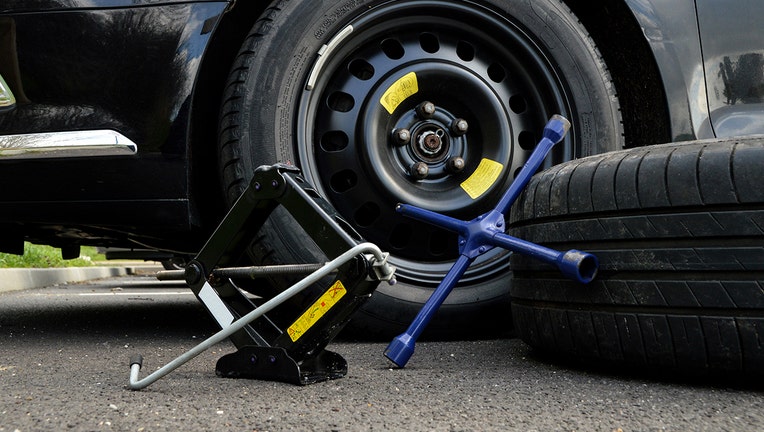Did you know you could be fined £1,000 for forgetting to update your driving licence? You could also invalidate your care insurance.
If you change your name, address, marital status, or gender, you’ll need to update your details with the DVLA and your insurers. This way, you will avoid receiving a hefty fine and your car insurance policy being invalidated.
In this guide, we’ll outline how to change your car insurance policy details. Here’s what you need to know…
When Do You Need To Update Your Driving Documents?
To have an updated drivers licence, both the DVLA and your insurers need to know about any changes in your circumstances. This could be anything from changing your address to getting married.
Some of these changes could affect your car insurance premium, and may lead to a fine if not amended. Insurers also need to know about anything that may alter the value or performance of the car in question.
Some changes you’ll need to notify your car insurer of include:
- Changing your name (e.g. when you marry)
- Changing your address (e.g. when you move house)
- Changing the main driver
- Adding an additional driver
- If a main or named driver changes their job
- Any modifications to the vehicle
- Any accidents, even if you choose not to make a claim
- Any driving convictions
In short, anything that might affect your policy should be reported to your insurer, while any changes to your personal details should also be reported to the DVLA. so, make sure you remember to change your driving licence address.
If you’re not sure whether your car insurer needs to know of a change or not, it’s best to err on the side of caution and let them know anyway. If it is a relevant change and you don’t inform them, you could risk driving without proper cover.
Will Updating My Details Affect My Insurance Price?
This ultimately depends on what’s being changed. Minor changes shouldn’t impact the price of your insurance premium, but some changes might.
How much you pay for your car insurance is calculated on a range of factors, including where you live. So, if you move to an area that’s considered less safe, your car insurance premium could go up in price. If you don’t tell your insurance provider that you’ve moved house, you could end up invalidating your policy.
Having a DVLA change of address with your car insurance provider could also work in your favour. If you’re moving to a safer, less built-up area, or a new house with a driveway, you might find that the cost of your policy goes down.
How Do I Update My Driving Documents?

Changing Your Name
If you decide to change your name by deed poll, you’ll need to update your driving licence and notify your insurer.
To do this, you’ll need to send your old licence, the deed poll document and a D1 form to the DVLA. There shouldn’t be a charge for this amendment, but if you fail to update this information you could face a £100 fine.
Changing Your Marital Status
For your driving licence, the same process applies when your marital status changes too. But instead of a deed poll document, you should send your wedding certificate instead.
You’ll also need to inform your car insurer of this change to ensure communication between you, your insurer and the DVLA remains up to date; the name on your insurance certificate should match that on your driver’s licence.
Changing Your Gender
If you change your gender, you should also let both the DVLA and your insurer know.
The DVLA needs to know if you change your gender as this could require a change of photo or name. This can be done through the government website.
Changing Your Address
When you move house, you’ll also need to complete your DVLA change of address. If you don’t, you could end up with a hefty £1,000 fine.
If your car is kept at this new location, you will also need to complete your V5C logbook change of address.
You’ll also need to let your insurer know about a change of address as different areas have different levels of risk and so could change the price of your premium. It does also ensure that correspondence remains up to date.

